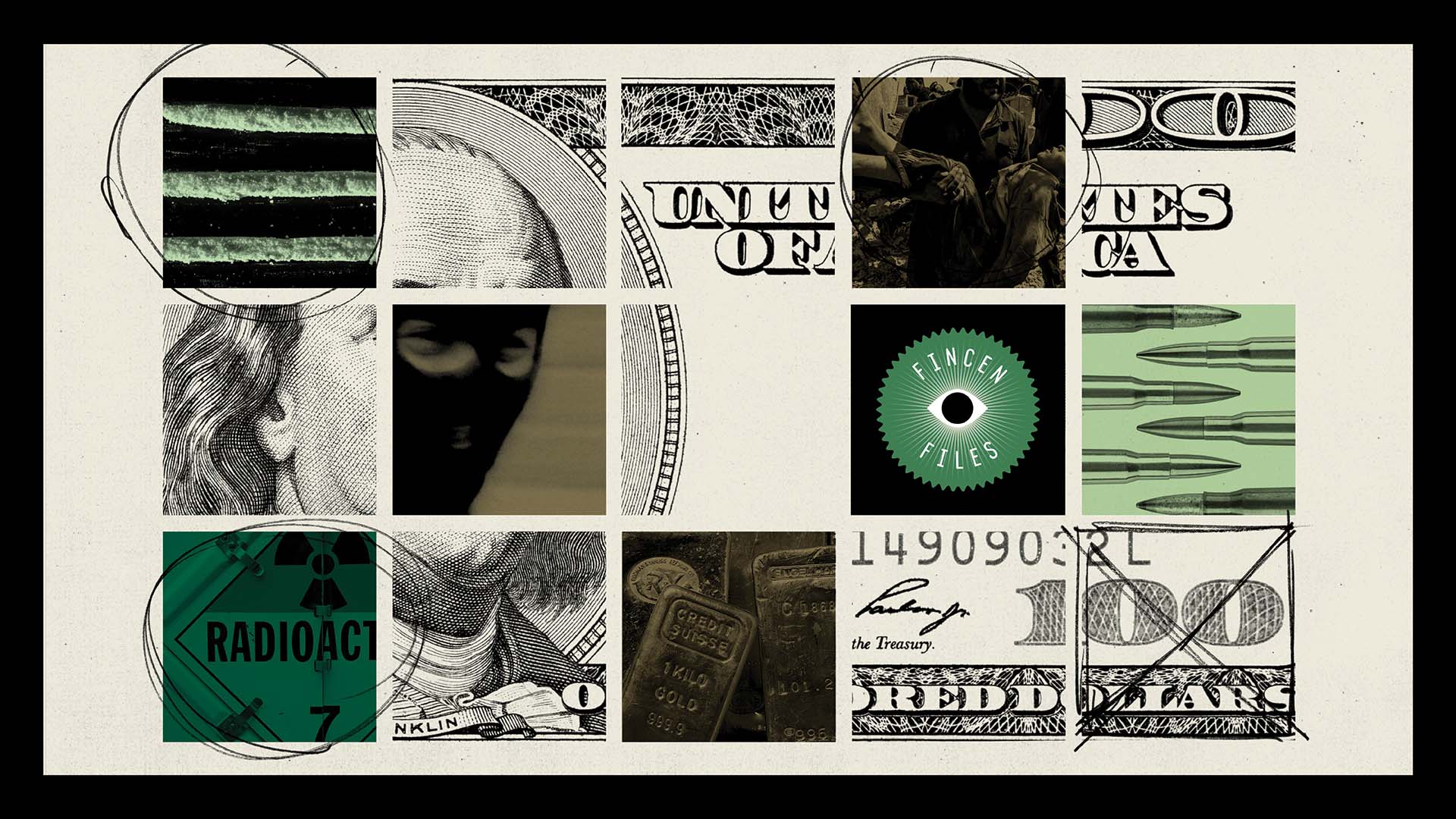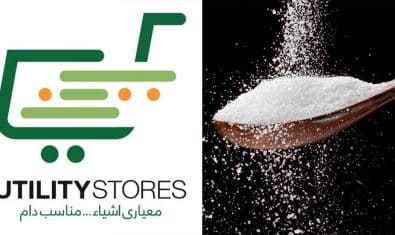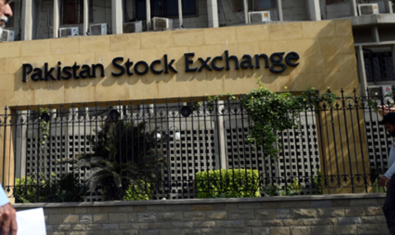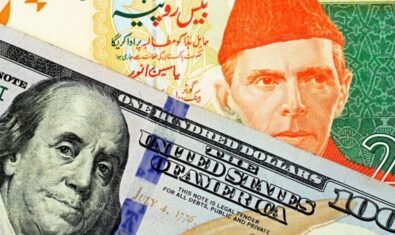ABL, UBL, HabibMetro, Bank Alfalah, SCB, and HBL carried out 29 suspicious transactions worth of USD 2 million.
International Consortium of Investigative Journalists (ICIJ) published an investigation into the role of global banks in industrial-scale money laundering and its catastrophic consequences, from all over the world.
Titled as FinCEN Files, the report reveals that global banks moved more than $2 trillion between 1999 and 2017 in payments they believed were suspicious, and flagged bank clients in more than 170 countries who were identified as being involved in potentially illicit transactions. The figures include $514 billion at JPMorgan Chase and $1.3 trillion at Deutsche Bank.
The recently uncovered trove of government documents also revealed 29 transactions that showed suspicious transactions to and from Pakistan. $1,942,560 was received as a result of these transactions that included one ‘sent’ transactions worth $452,000. These transactions were from Allied Bank Limited (ABL), United Bank Limited (UBL), Habib Metropolitan Bank Ltd, Bank Alfalah, Standard Chartered Bank (SCB), and Habib Bank Limited (HBL).
“Laws that were meant to stop financial crime have instead allowed it to flourish. So long as a bank files a notice that it may be facilitating criminal activity, it all but immunizes itself and its executives from criminal prosecution. The suspicious activity alert effectively gives them a free pass to keep moving the money and collecting the fees” Buzzfeed News wrote in its coverage of the investigative report.
The story is titled after ‘The Financial Crimes Enforcement Network, or FinCEN’, which is the agency within the Treasury Department charged with combating money laundering, terrorist financing, and other financial crimes. It collects millions of these suspicious activity reports, known as SARs. It makes them available to US law enforcement agencies and other nations’ financial intelligence operations.
It even compiles a report called “Kleptocracy Weekly” that summarizes the dealings of foreign leaders such as Russian President Vladimir Putin, says Buzzfeed News.
However, the FinCEN Files investigation shows that even after the banks were prosecuted or fined for financial misconduct, (banks such as JPMorgan Chase, HSBC, Standard Chartered, Deutsche Bank, and Bank of New York Mellon) continued to move money for suspected criminals.
The FinCEN Files show that these five global banks moved illicit cash for shadowy characters and criminal networks even after U.S. authorities fined these financial institutions for earlier failures to stem flows of dirty money, ICIJ said in their report, adding that in half of the FinCEN Files reports, banks didn’t have information about one or more entities behind the transactions.
FinCEN received more than 2 million suspicious activity reports (SARs) last year. That number has nearly doubled over the past decade, as financial institutions have faced mounting pressure to file and the volume of international transactions has grown. Over the same period, FinCEN’s staff has shrunk by more than 10%. Sources there say most SARs are never even read, let alone acted upon.
It is not just the international banks that may be held responsible for these suspicious transactions, but the country banks sending money as well as the regulatory authorities of the countries from where these transactions are originating are to be held equally accountable. Years after concerns first emerged, banks continued to move money for fraudsters, drug dealers and allegedly corrupt officials, leading to cases of real harm, ICIJ noted.
“The unchecked movement of dirty money may not register as an immediate threat in a world beset by headline-grabbing crises. But the consequences are profound, as narcotraffickers, smugglers and Ponzi schemers shift illicit profits beyond the reach of authorities, and despots and corrupt captains of industry swell their own ill-gotten fortunes and consolidate power, aided by the powerful and the banking system” DW wrote about the story. To add to that, in Pakistan’s case it is not just about the white-collar crimes that may be the cause or the consequence of unchecked money transfers, but they also contribute to the ever-looming terrorism threat as well.
The report shed light on an unavoidable reality of today’s global economy. The networks through which dirty money traverses the world have become vital arteries of the global economy. They enable a shadow financial system so wide-ranging and so unchecked that it has become inextricable from the so-called legitimate economy. Banks with household names have helped to make it so.


























It’s 2 million or 2 trillion? No check and balance?
surprise of the “previous” CENTURY!!! BAAAH BANKS ARE CORRUPT…… always